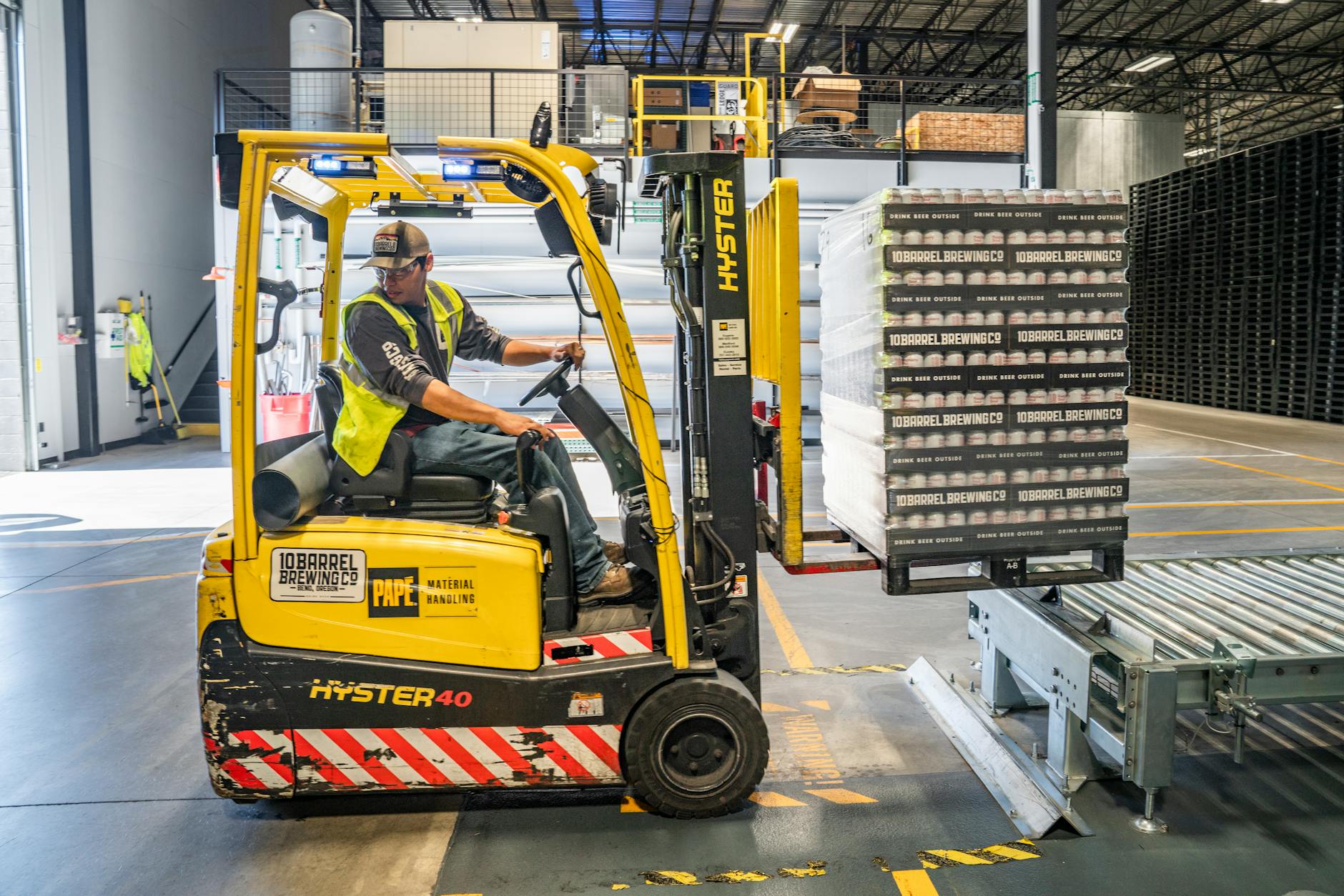It seems like once a month, I get asked what to install in typical home (that is where nerds to do not live 🙂 so here is the advice:
- Make sure you have a great access point. There is such a temptation to just get a $50 router, but with all the wifi signals out in the world, you really need something that is going to have great coverage. I’ve been buying Unifi AC LRs ($95 from Amazon) if the houses are large and Unify AC Lite is actually much cheaper, but doesn’t use standard POE, so I sometime get that if there is price pressure. The line is confusing, but it is {Lite, LR, Pro, HD} where each has more power. The main drawback is that these things are hard to configure because they use a PC or Mac client to program them, but the advantage is that you can manage them all remotely. Really handy if you have to manage a remote house. Mainly though, the Unifi APs just seem to work and work. So super reliable.
- Get a great router. If you have lots of traffic, then these cheap routers will just lock up and hang. There are lots of choice on routers, but if you do care about traffic, then I’ve tried the small business class routers like the Linksys LRT and the Ubiquiti Edgerouter PoE ($160 from Amazon) is a POE router which makes it a good match to the Unify AC LR. If you want a budget version, then the right combination is the Unify AC Lite ($77 from Amazon) and Edgerouter X ($50 from Amazon). The main drawback here is that you do have to program it.
- Get a good Internet access, most of the time, no one will have much of a choice, it will be either Comcast or whatever, nothing much you can do about that. One nice feature of the Edgerouter is that you can have two providers, so you could have Comcast and safe Qwest as a backup if you really have trouble. Another option is to get one of those unlimited data plans from say T-Mobile and get a cellular modem. Make sure you do buy your own cable modem as this will save you dollars.
- Get a good VPN for some privacy. Private Internet Access I can say does work.
- Finally, you want a place where you can back things up. I’ve used Synology quite a bit and they have a very broad product line for the simplest case which is a two disk NAS. They make a huge variety of this. The DS216j ($160 from Amazon) is the cheapest but does not hot swap. You do have to swap drives out. The DS216 is the middle market ($223 from Amazon) and then the DS216+ II which is an Intel processor with hardware encryption ($299 from Amazon). For most folks, I’d recommend a techie geek set it up and then deliver it.
- Finally you want a good and reliable set of drives. Backblaze does a nice job of looking at the reliability of consumer drives, you definitely do not want the cheapest ones, so typically a NAS drive is a good compromise. Not as much as an enterprise drive and not as unreliable is a consumer drive. The main point is the HGST drives tend to be more reliable. You really want one with a five year warranty, so in this case the 7K4000 ($170 from Amazon) while their NAS is just three years. In this case, I’d advise you use PcParkPicker.com and then buy from Newegg, they have the best reviews. I’ve used the Seagate Constellation (now called Enterprise Capacity) pretty effectively. They are $175 at Newegg which seems expensive but is super reliable and has that five year warranty).





